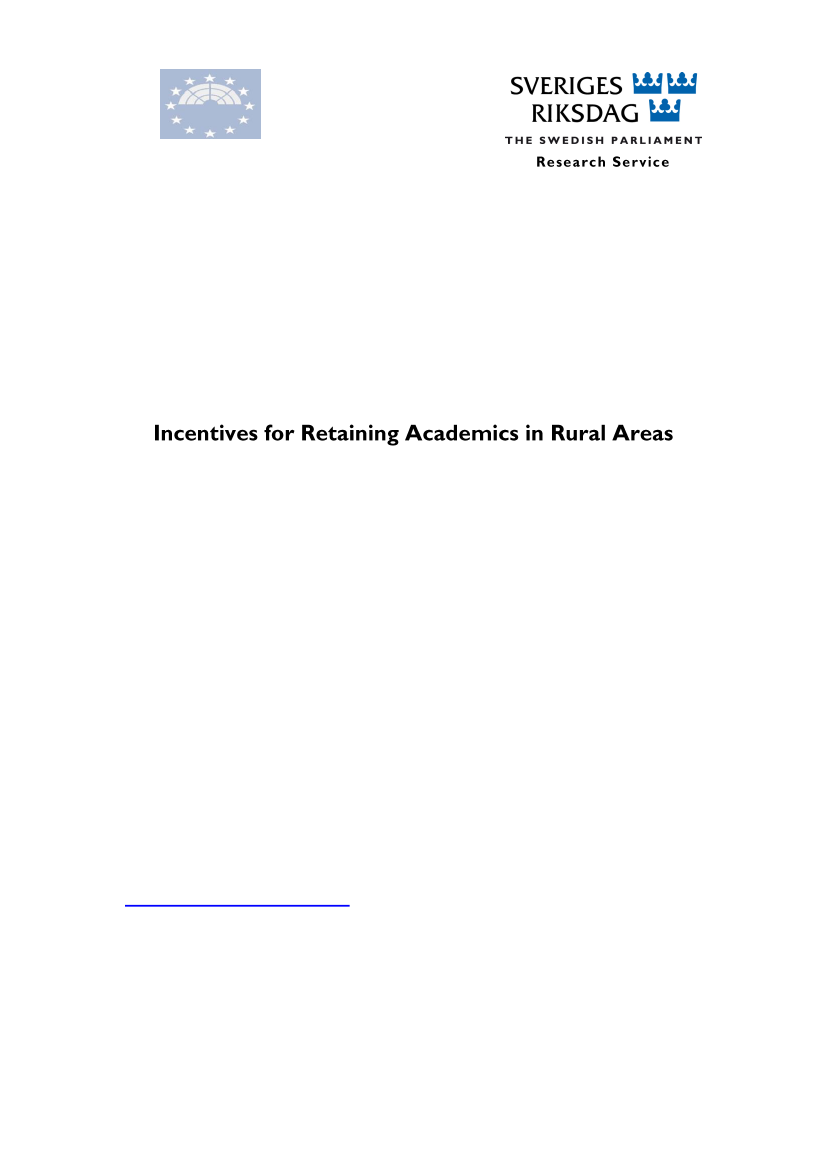
EUROPEAN
CENTRE
FOR
PARLIAMENTARY RESEARCH
AND DOCUMENTATION
ECPRD REQUEST 2800
FINAL SUMMARY
PREPARED BY
The Research Service of the Swedish Parliament
Date: 7 May 2015
Contact: Ms Linda Helgeby, telephone: +46 8 7864568, E-mail: